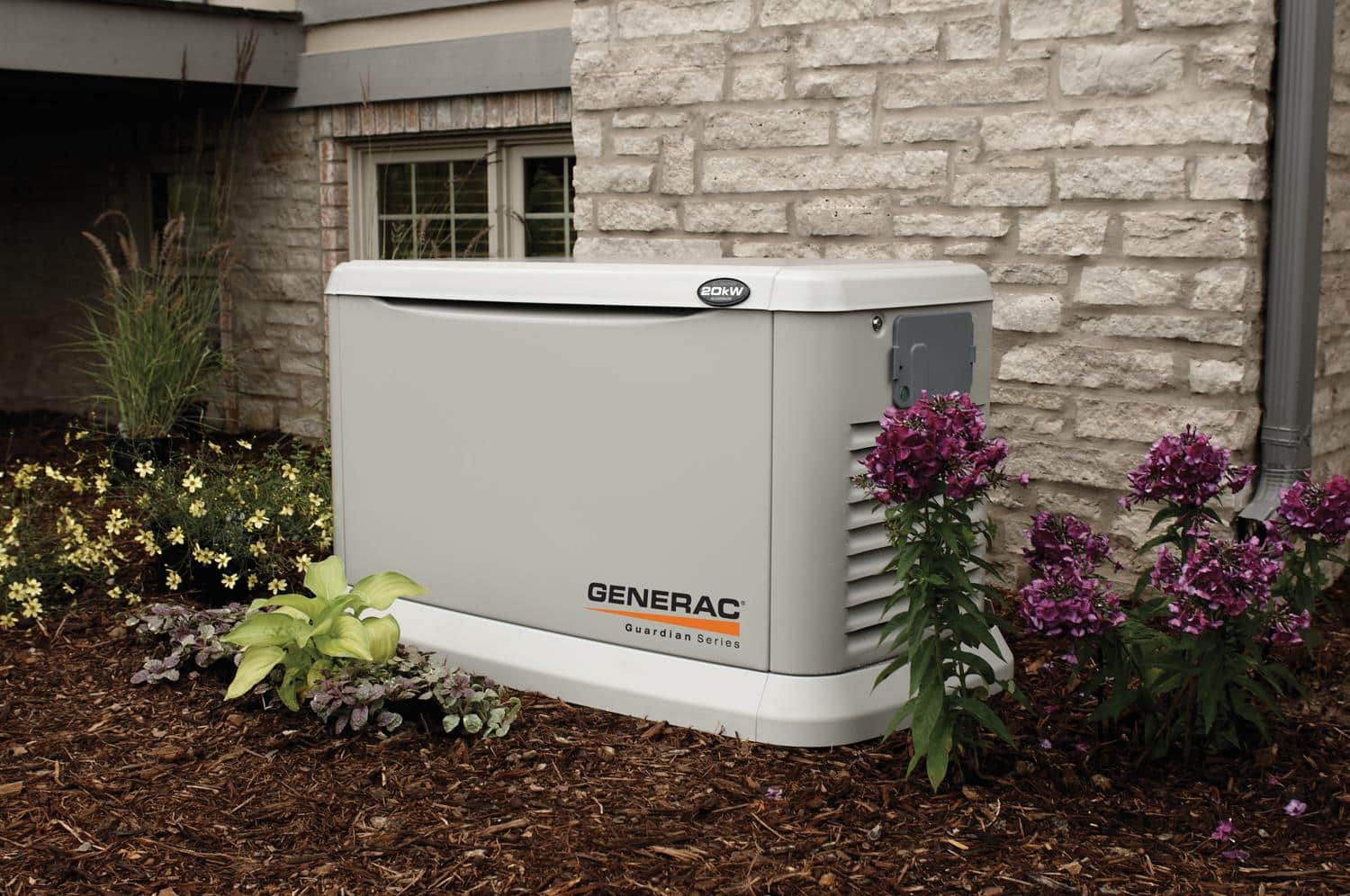Blog
Why Is My Generator Making Noises? 8 Causes From Your Yakima HVAC Pros

A standby generator brings peace of mind when storms hit or power lines fail, especially in Yakima’s unpredictable weather. Whether you’re bracing for winter snow or riding out a summer outage, your generator is supposed to deliver quiet confidence. Some sound is expected, such as the steady hum of the engine or the whir of a fan. But excessive or strange noises are a different story.
If your generator starts to rattle, clank, or squeal, it’s a warning sign. Ignoring these sounds can lead to serious mechanical issues, costly repairs, or complete failure when you need power the most. That’s where Campbell’s experienced team comes in. We’ve served homeowners in Yakima and the Tri-Cities since 1983, and we’re here to help you understand what your generator is trying to tell you.
Why Is Your Generator Making Noises?
Here are eight of the most common reasons your generator might be making unusual noises and what you should do about it.
Loose or Worn Components
Generators vibrate constantly during operation. Over time, bolts, brackets, panels, or even internal components can come loose. Worn parts may grind or knock as they move inefficiently. If you hear rattling, clanking, or banging, shut the unit down and schedule an inspection. Leaving it unchecked can lead to more severe damage.
Damaged or Clogged Exhaust System
The muffler on your generator helps reduce the engine’s loud exhaust. If it’s clogged with carbon buildup, damaged, or disconnected, your generator may sound louder than usual. This might include roaring, rumbling, or popping. Because exhaust issues can also involve carbon monoxide risks, this problem should be addressed as soon as possible.
Low Oil Levels or Lack of Lubrication
Oil helps cool and lubricate the moving parts inside your generator’s engine. If levels are low or the oil has broken down, metal components can grind against each other. This often produces a high-pitched squeal, whining, or grinding sound. Running your generator in this condition can result in catastrophic engine failure.
Dirty or Clogged Air Filter
A clean air filter allows for proper airflow into the engine for combustion. If the filter becomes clogged, the engine must work harder to breathe. This can lead to a louder, more strained sound or even sputtering. A quick filter check and replacement can solve the problem and restore smooth operation.
Cooling System Issues
Many standby generators rely on fans or liquid coolant to regulate temperature. Two main issues can create noise:
- Damaged fan blades. If the blades are bent or broken, they may whir unevenly, vibrate, or knock as they spin.
- Low coolant. In liquid-cooled systems, low coolant levels can lead to overheating. This might create gurgling, hissing, or a louder engine as it struggles to stay cool.
Overheating shortens the life of your equipment and should be corrected quickly.
Fuel System Problems
If your generator isn’t receiving fuel properly, the engine will run unevenly and noisily. There are a few possible culprits:
- Clogged fuel filter. This blocks fuel delivery and causes sputtering or weak engine sounds.
- Old or contaminated fuel. This leads to rough combustion, misfiring, or uneven sound.
- Faulty fuel pump or injectors. These disrupt fuel flow and may produce knocking or erratic noises.
Fuel system issues reduce performance and increase wear on internal parts, so it’s best to have them inspected promptly.
Internal Engine Problems
A knocking or pinging sound coming from your generator’s engine is never a good sign. This often points to serious issues inside the combustion chamber, such as worn pistons, damaged rods, or improper ignition timing. These sounds usually mean that major failure is on the horizon. If you hear them, shut the generator off and call a technician immediately.
Overloaded Generator
Generators are designed to handle a specific electrical load. If you’re running too many appliances or systems at once, the generator will strain to keep up. This can produce a roaring or overworked sound, along with more intense vibrations. Prolonged overloading risks damaging both the generator and the devices connected to it.
Preventative Maintenance: The Best Defense Against Noises
You can avoid most of these issues with routine maintenance and awareness. Here’s how to keep your generator running quietly and reliably throughout the year.
Regular Professional Service
Having your generator inspected once or twice a year by a trained technician is one of the best ways to prevent noisy problems. During a service appointment, Campbell’s team will check and replace:
- Oil, air, and fuel filters
- Spark plugs
- Coolant levels and quality
- Battery performance
- Fuel lines and connections
- Electrical wiring and control systems
We also run load tests to ensure your generator can power your home when it counts. These inspections catch minor issues before they become expensive breakdowns.
Consistent Exercise
Most modern generators are programmed to run once a week or every other week. This short self-run keeps internal parts lubricated, recharges the battery, and verifies startup reliability. If your generator isn’t running its scheduled exercises, or if you’ve disabled them, make sure to enable or reset the schedule. Consistent operation helps your system stay ready.
Trust Campbell for Your Yakima Generator Services
Strange generator noises aren’t just an annoyance. They’re your system’s way of signaling trouble. Whether it’s a loose part, old oil, or something more serious, Campbell’s skilled technicians can diagnose the problem and get your generator back in shape. We’ve proudly served Yakima and the surrounding communities since 1983 with reliable, fast, and honest service.
If you’re hearing unusual sounds or simply want to prevent them, schedule a generator inspection with Campbell today. Let us help you protect your power and your peace of mind.

